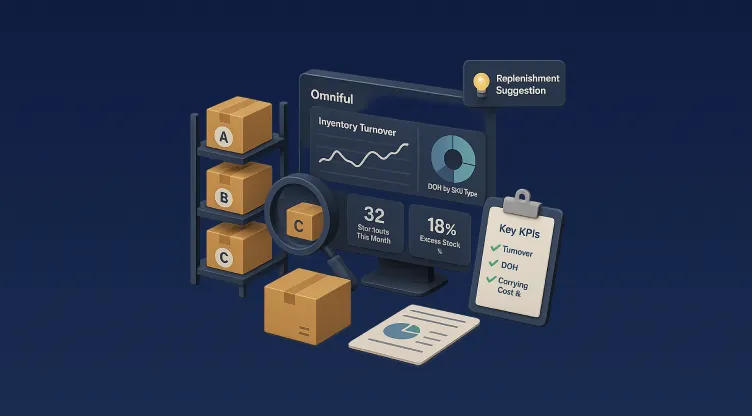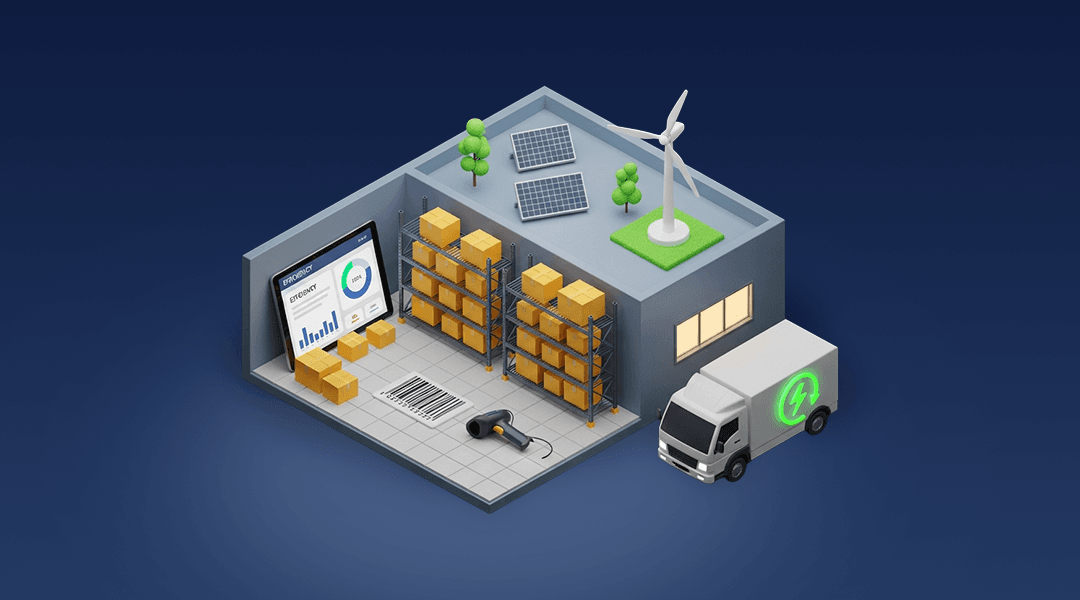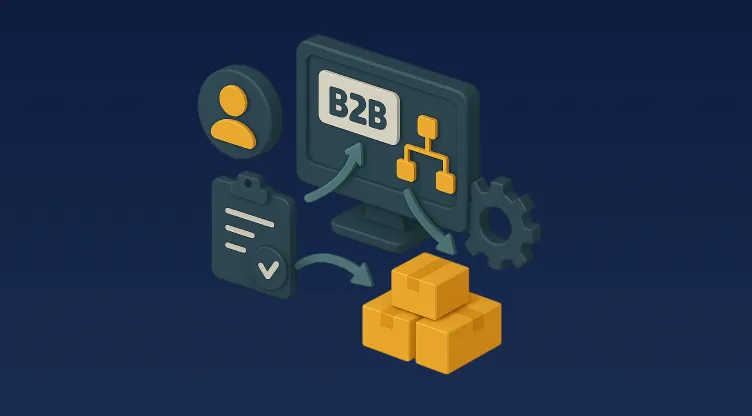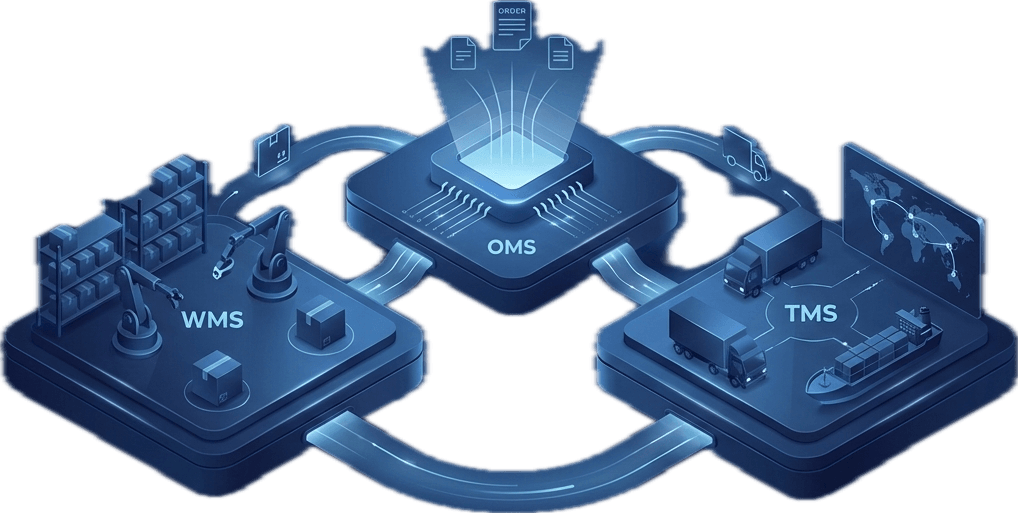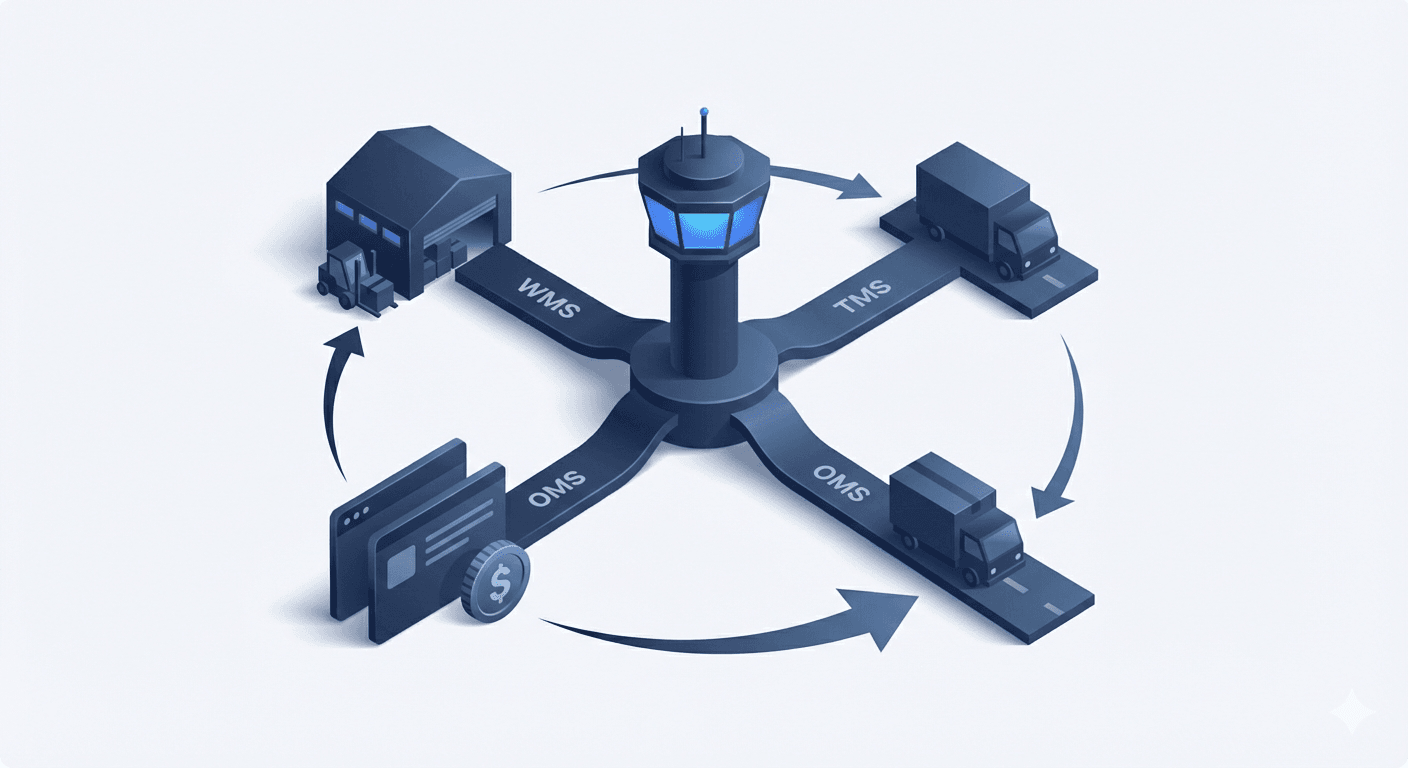Returns Management in MENA: How Faster Handling Builds Loyalty and Cuts Costs

Table of Contents
Fast Lane Insights
- Speedy returns boost customer trust and brand reputation.
- Poor return experiences can cause long-term revenue loss.
- Reverse logistics should be part of a company’s core strategy.
- Smart returns management reduces restocking delays and losses.
- Omniful offers automation for faster, seamless return handling.
Introduction: The Hidden Power of Smart Returns Handling
In today’s fast-moving retail world, product returns are no longer an afterthought. From fashion and electronics to FMCG and home goods, consumers across the MENA region expect frictionless return experiences. But many retailers are still slow to adapt, viewing returns as a necessary evil rather than an opportunity for growth.
In reality, effective returns management — especially within strong logistics and supply chain management strategies — can significantly reduce revenue losses and build long-term customer loyalty. Brands that understand this are already seeing tangible benefits in retention, satisfaction, and profit margins.
Let’s explore why fast and efficient returns management is no longer optional and how your business can master this critical area with the right systems and strategies.
The Real Cost of Ignoring Returns
Returns are expensive — not just in terms of logistics, but also brand value. A delayed or clunky return experience can result in:
- Lost repeat customers
- Negative reviews and social sentiment
- Higher support and warehouse costs
- Restocking delays impacting new orders
In the MENA region, where eCommerce and D2C brands are growing at record pace, the stakes are even higher. According to PwC Middle East, 59% of consumers say a poor return experience directly impacts their buying decisions.
Ignoring this crucial part of the post-purchase journey leads to more than just operational headaches — it actively drives customers to your competitors.
Understanding Returns Management
Returns management refers to the processes that support product returns, from customer initiation to final resolution. This includes:
- Authorisation of returns (Return Merchandise Authorisation, RMA)
- Reverse logistics and transportation
- Quality checks and grading
- Refunds or credit issuance
- Restocking or disposal
When returns are processed slowly or inconsistently, they clog inventory flow and delay replenishment. But when they’re streamlined, they unlock faster recovery of stock value and satisfied customers.
Why Fast Returns Build Customer Loyalty
It Reduces Friction in Post-Sale Experience
Customers today demand as much convenience in returns as in delivery. Fast, trackable, and transparent returns signal professionalism and build trust — especially in high-touch markets like the UAE and Saudi Arabia.
It Sets You Apart From Competition
If a customer is choosing between two brands and only one offers simple, fast returns, the decision is clear. A superior return experience is a competitive edge, particularly for online-only brands without physical stores.
It Builds Brand Memory and Repeat Purchases
A smooth return can turn a dissatisfied customer into a brand ambassador. They are more likely to come back and even refer others, knowing they’re covered in case something goes wrong.
The Role of Reverse Logistics
Reverse logistics covers the movement of goods from the customer back to the seller or warehouse. It requires just as much planning and tracking as forward logistics. But many businesses ignore it or manage it manually, which leads to:
- Stock mismatches
- Higher transport costs
- Longer resolution times
Smart use of reverse logistics software can ensure items are picked up quickly, transported efficiently, and assessed accurately on return.
In MENA markets where delivery infrastructure is still maturing, reverse logistics requires localisation. Omniful, for example, enables businesses to manage both BORIS (Buy Online Return In-Store) and doorstep returns with built-in automation.
Technology Makes All the Difference
Manual returns handling is no longer feasible. From warehouses to customer service, every stage benefits from automation. Here's how the right platform helps:
Real-Time Tracking
Track returned products just like outbound shipments. This adds transparency for the customer and helps internal teams plan for restocking or replacements.
Condition Grading
Assess items on return with pre-set criteria — ensuring fairness, reducing disputes, and automating refund decisions.
Refund and Credit Integration
Speed up customer refunds by syncing returns data with e-commerce platforms. Customers are notified instantly, which builds trust.
Centralised Control
Use a unified dashboard to monitor return volumes, statuses, and issue patterns. This allows quick action and long-term improvement.
Explore how Omniful's Returns Management feature empowers brands to streamline every step of the return journey.
Best Practices for MENA Retailers
Here’s what forward-looking brands in the region are doing to win the returns game:
Design a Flexible Policy:
Craft policies that allow easy returns while protecting against abuse. Clear communication builds trust.
Offer Multiple Return Channels:
Enable doorstep pickup, in-store returns, or hub drop-offs. This is especially important in KSA, Egypt, and the UAE, where logistics preferences vary.
Link Returns to Your Order Management System:
Integrate returns with your OMS so inventory, shipping, and refunds stay in sync. This avoids data silos and speeds up processing.
Track Reasons for Returns:
Analyse patterns in returns to uncover product issues, supplier faults, or customer misunderstandings. This can lead to improvements across sales, quality, and delivery.
Real-World Example: Laverne Group (KSA)
Laverne, a group of D2C lifestyle brands in Saudi Arabia, struggled with poor fulfillment speed due to 3PL limitations. After switching to in-house operations and integrating Omniful’s WMS and Returns systems:
- Order accuracy hit 100%
- Delivery times dropped from 4–6 days to under 3 hours
- Returns were processed in under 24 hours
This agility led to higher retention rates and reduced costs — proof that reverse logistics pays off.
The Connection to Overall Supply Chain Efficiency
Returns are not isolated. They impact stock levels, cash flow, customer service, and supplier performance. Businesses that treat returns as a strategic function — not just a cost centre — see better results across the board.
That’s why a full-stack platform like Omniful integrates Warehouse Management, Transportation Management, and Inventory Management with seamless return tracking.
Reduce Losses with Automation and Insight
Speed in returns leads to:
- Lower write-offs due to damaged or lost items
- Fewer disputes and chargebacks
- Higher resale value for returned goods
- Better cash flow from quick restocking
This is where Omniful’s automation shines — it reduces manual errors, shortens lead times, and gives businesses a data-rich view of their post-purchase landscape.
Boosting Loyalty with Customer-Centric Design
The best returns processes are built with the customer in mind. That means:
- Clear instructions at checkout
- Easy access to return labels or pickup scheduling
- Instant updates on return and refund status
- Friendly language and policies
Investing in the return journey is as important as your delivery strategy. Brands that neglect it lose trust — and profits.
Action Steps for Retailers in MENA
- Audit your return workflows: Where are the delays or frustrations?
- Automate processes: From pickup to refund, reduce manual touchpoints.
- Educate your team: Returns are a service opportunity, not a burden.
- Integrate tools: Connect your Shipping Gateway and POS to your returns system.
- Measure success: Track KPIs like return cycle time, satisfaction scores, and cost per return.
Frequently Asked Questions
How does returns management affect customer retention?
A smooth return experience increases trust, which is key to repeat purchases and long-term loyalty.
What is reverse logistics in simple terms?
It is the process of moving goods from the customer back to the seller, warehouse, or manufacturer.
Can I track the reasons behind returns?
Yes. Platforms like Omniful offer insights into return causes, helping you reduce product or process issues.
Is there a way to automate returns for e-commerce?
Absolutely. With integrations like Plug-and-Play, you can link your store with returns handling tools for instant updates and processing.
Why is fast returns processing important for inventory?
It ensures quicker restocking, minimises dead stock, and improves sell-through rates — key metrics in supply chain efficiency.



